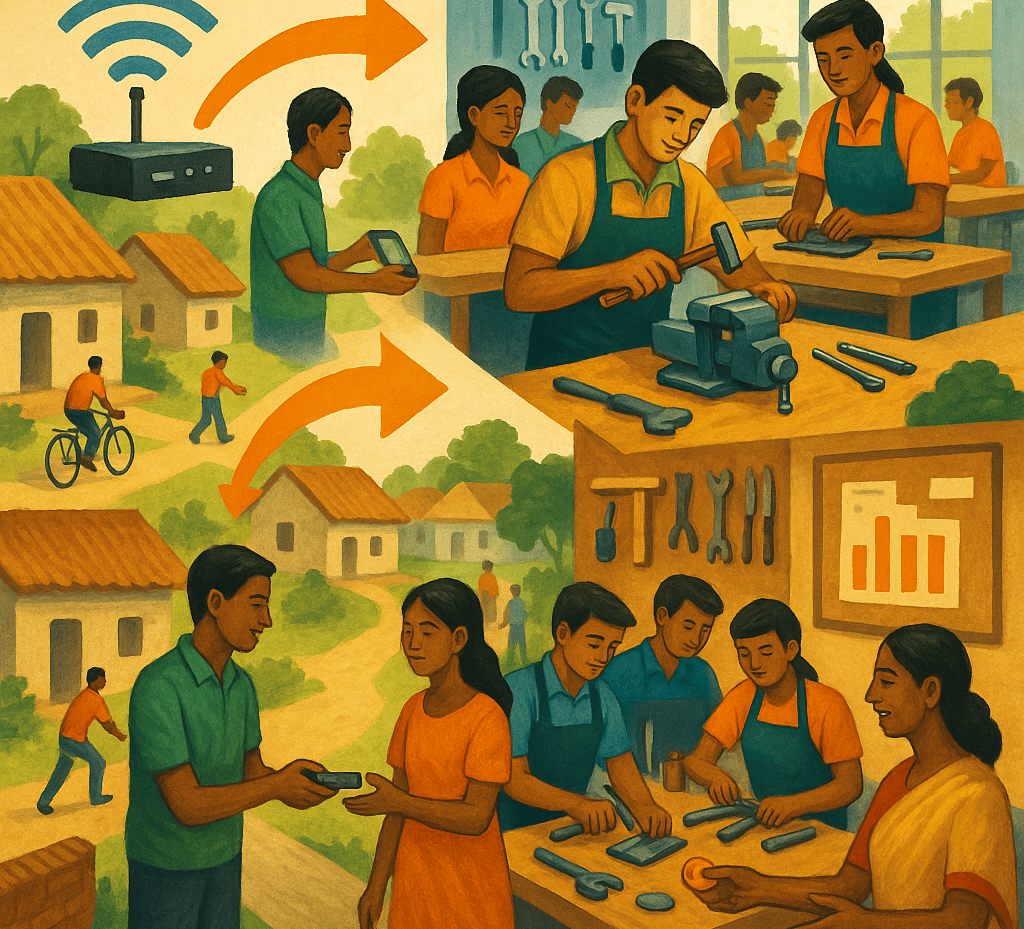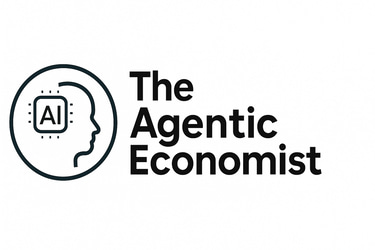Beyond the flashlights
Excerpt/Teaser: CPEC’s next phase is more than projects; it’s a skills pipeline — Mandarin, TVET, joint diplomas, and short digital courses that upskill Pakistan’s workforce for future economies. The article is taken from Dawn News.
ARTICLE'STRANSLATION
Annotated by Qaiser Aziz
9/24/20253 min read


WHILE attention is drawn to the second phase of CPEC following the recent meeting of the Pakistani and Chinese leadership in Beijing, let us focus on the technical skills and education opportunities that are being brought in. The collaboration between Pakistan and China is aimed at transforming (تبدیل کرنا / ڈھالنا — Synonyms: reforming, overhauling, reshaping) vocational (پیشہ ورانہ / فنی — Synonyms: occupational, trade, technical) training, language education and technical collaboration between the two countries.
Language is more than just words. It is a gateway (دروازہ / راستہ — Synonyms: portal, pathway, conduit) to greater understanding and opportunity. In view of this fact, one of the biggest waves in the Pakistan–China TVET (technical vocational education and training) collaboration is investment in learning Mandarin across Pakistan. Thousands of Pakistani students should be able to gain access to structured courses that align (ہم آہنگ کرنا / مطابق لانا — Synonyms: match, harmonize, conform) with international proficiency (مہارت / دسترس — Synonyms: mastery, competence, expertise) standards, opening doors to academic programmes, scholarships and jobs connected with China — jobs in China, with Chinese companies working in Pakistan and also with global Chinese companies in need of people having equal proficiency in English and Mandarin.
In addition to students, Pakistani teachers can access further training to become proficient (ماہر / قابل — Synonyms: skilled, adept, well-versed) Mandarin instructors, a critical step that can sustain and expand language education in the long run. This kind of capacity building (صلاحیت سازی / ادارہ جاتی تقویت — Synonyms: capability development, strengthening, enhancement) is what turns short-term programmes into initiatives that bring lasting change.
Imagine enrolling in a diploma or degree programme and studying in Pakistan but getting to spend your final year immersed (منہمک / پوری طرح ڈوبا ہوا — Synonyms: absorbed, engaged, integrated) in a Chinese university. This is precisely what many students in Pakistan can expect from joint academic programmes springing up in fields like software technology, drone applications, agriculture, medical laboratory and pharmacy.
CPEC’s second phase presents a learning opportunity.
Specifically, in the second phase, there are 14 major projects from diverse fields including language training, e-commerce, software technology, drone applications, agriculture, pharmacy, nursing, non-ferrous metallurgy (غیرِ لوہی دھاتوں کی دھات کاری — Synonyms: non-iron metallurgy, light-metal processing, extractive metallurgy) and intelligent mining. Each project varies in scale, duration, funds and expected impact, targeting not only student training but also faculty development, digital course creation and joint curriculum design.
The estimated economic value of these projects is over 21 million RMB (approximately $3 million) annually. Institutions like Guangzhou Polytechnic University, Wuhan Technical College of Communication and Pingziang Health Vocational College are pioneering technical diploma collaborations in software technology, drone applications and medical laboratory technology respectively. The proposed programme length ranges from three to four years.
These projects revolve around curriculum co-development, digital course creation, professional qualification standardisation (معیار بندی / معیاری کاری — Synonyms: harmonization, normalization, benchmarking), student exchange schemes, enhanced exposure (رسائی / واقفیت — Synonyms: contact, familiarity, engagement) to advanced technologies and practical training. In health-related fields, institutions such as the Beijing Vocational College of Labour and Social Security and Sichuan Vocational College of Health and Rehabilitation will be executing short-term digital training courses to upskill (مہارت میں اضافہ کرنا — Synonyms: upgrade, enhance, improve) Pakistani professionals in smart health techniques and nursing. These tailored courses provide flexible learning opportunities focusing on immediate vocational needs.
The programmes feature co-developed curricula and professional qualification standards that are recognised in both countries, and the digital learning components are designed for accessibility (آسان رسائی / قابلِ دسترس ہونا — Synonyms: usability, inclusiveness, openness) and quality.
However, not everyone can commit to multi-year degrees. This challenge can be addressed through digital short courses, allowing skilled professionals in fields such as e-commerce, healthcare, nursing and agriculture to upgrade their competencies (صلاحیتیں / مہارتیں — Synonyms: abilities, proficiencies, capacities) through well-designed digital offerings that can be fitted around their schedules. In an increasingly expensive world, we need such increasing training flexibility.
E-commerce and skills competitions add an innovative edge to learning and the idea is not only to incentivise (مراعات دے کر ترغیب دینا — Synonyms: motivate, spur, encourage) but also to encourage Pakistani and Chinese learners to interact and engage while learning.
For Pakistan, the Pakistan–China collaboration in the technical skills sector is both an opportunity and a wake-up call. Our youth must grasp these chances to upgrade skills that align with future economies.
Technical and vocational skills institutes across the country must embrace these programmes and push for greater cooperation. At our end, we’ll support smooth student mobility and encourage faculty to maximise the benefits of the partnerships in various trades signed under CPEC’s second phase.
Village Life - (Utilising the difficult words)
To transform village life, it requires vocational pathways that act as a true gateway to dignified work: courses that align with local markets, build proficiency, and graduate proficient artisans. Real capacity building happens when young people are immersed in modern workshops. Even without non-ferrous metallurgy, simple tools and a practical rhythm can foster standardisation, steady exposure, and opportunities to upskill. With basic connectivity and accessibility to courses, their competencies rise — and particularly when the results are fairly incentivise, the entire hamlet moves forward together.




